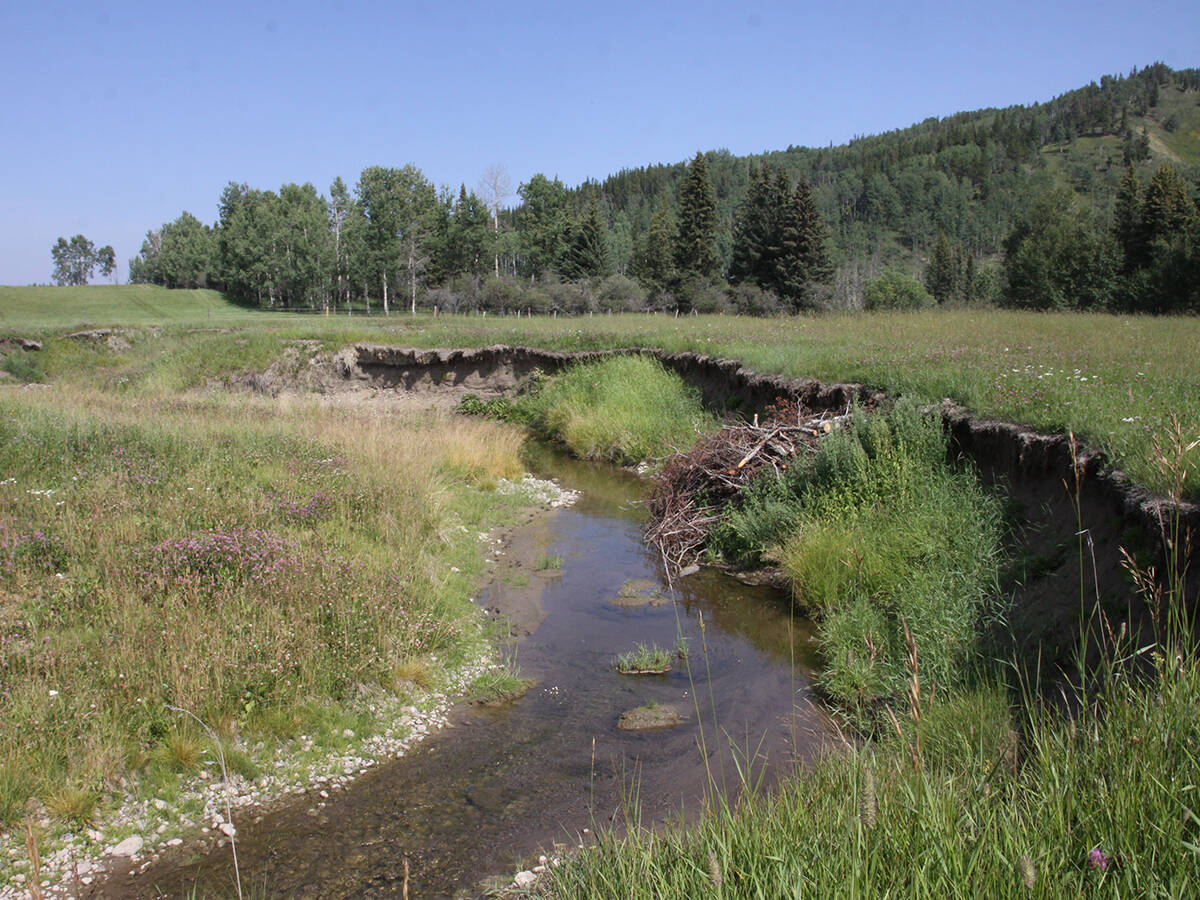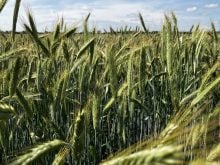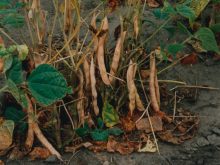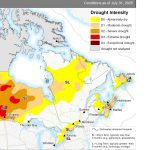Wet grain and dried up bank accounts are a bad mix for prairie farmers faced with skyrocketing propane prices.
In the past three months, the price of propane in some areas of Western Canada has jumped more than 40 percent.
Farm groups like the National Farmers Union are calling the hike “an opportunistic attempt to extract maximum profits from farmers caught in a bad situation.”
“Many farmers are trapped,” said Don Kelsey, co-ordinator of the Saskatchewan region of the NFU.
“They have to dry their wet grain or it will spoil. Many farmers are having trouble finding the money to pay for propane but they cannot deliver grain to elevators unless it is dry.”
Read Also

Alberta eases water access for riparian restoration
Alberta government removes requirement for temporary diversion licence to water plants up to 100 cubic metres per day for smaller riparian restoration projects
Farmers in Swan River, Man. are paying 47 cents per litre, up from 33 cents in late summer, the NFU said. There has been a 35 percent increase in Choiceland, Sask. and in Grande Prairie, Alberta farmers report a 39 percent hike.
Kelsey said it costs about $1,250 to fill his 1,000-gallon U.S. propane tank on a recirculating batch dryer that will dry about 3,500 bushels of wheat at 20 percent moisture.
The problem gets worse when cold temperatures hit and the line feeding grain dryers switches to home usage, he said.
Bill Kurtze, director of the propane gas association of Canada, said an inquiry will not validate accusations of price gouging but rather point to the law of supply and demand as the driving force behind rising prices.
“Propane is an internationally traded commodity susceptible to national and international pressures of supply and demand,” he said.
In a deregulated market, one or two factors on the supply or demand side will alter the price of a commodity slightly.
This year several factors hit the market at once, resulting in the most dramatic price increase Kurtze has seen since he entered the oil and gas business in 1970.
On the demand side, a wetter than average fall followed by a cold snap in early winter dwindled wholesalers’ inventories, he said.
An explosion at a major natural gas plant in Chiapas, Mexico coupled with an excess amount of propane being sold into the petro-chemical market drove down supply.
But the NFU doesn’t see it that way and is calling on the competition bureau of Industry Canada to launch a formal inquiry into propane pricing in Western Canada.
“If they find that the propane companies are taking advantage of farmers to reap huge profits, then the government should order the propane companies to rebate those excess profits back to their customers,” Kelsey said.
Cecile Suchal, a spokesperson for the bureau which controls legislation to ensure monopolies are not being formed through use of predatory pricing to drive other companies out of business, said the matter is under consideration. She would not say if a formal inquiry will be held.
“The director is aware of the situation but I cannot comment on the specific complaint,” she said from Ottawa.
NDP MP John Solomon, one of the MPs who appealed to the competition bureau to review the matter, said he doesn’t buy the excuse of a propane plant explosion in Mexico.
“There is not one Canadian buying one litre of propane from Mexico. We produce it, we consume half the production and export the rest,” said the Regina-Lumsden MP in an interview in Ottawa.
“Canada produces twice the amount of propane than we consume.”
Supply not scarce
Solomon said as of Nov. 1, inventories of propane were higher than they were at the same time in 1995. And the price is substantially higher, he said, but only in the West.
“Prices in Eastern Canada haven’t budged a penny so we’re getting jacked around again in Western Canada and the Yukon.”
Solomon said the hike is also hurting people who converted their vehicles to propane use from natural gas use because it is environmentally friendly.
Saskatchewan New Democrat MP Vic Althouse blamed the dramatic price hike on the federal government’s deregulation policy, adding the $3,000 grain drying advance federal agricultural minister Ralph Goodale announced last month won’t go very far.
Kurtze pointed out unannounced price variations are the reality in a deregulated marketplace.
He said consumers can expect prices to even out in the second quarter of 1997.
















